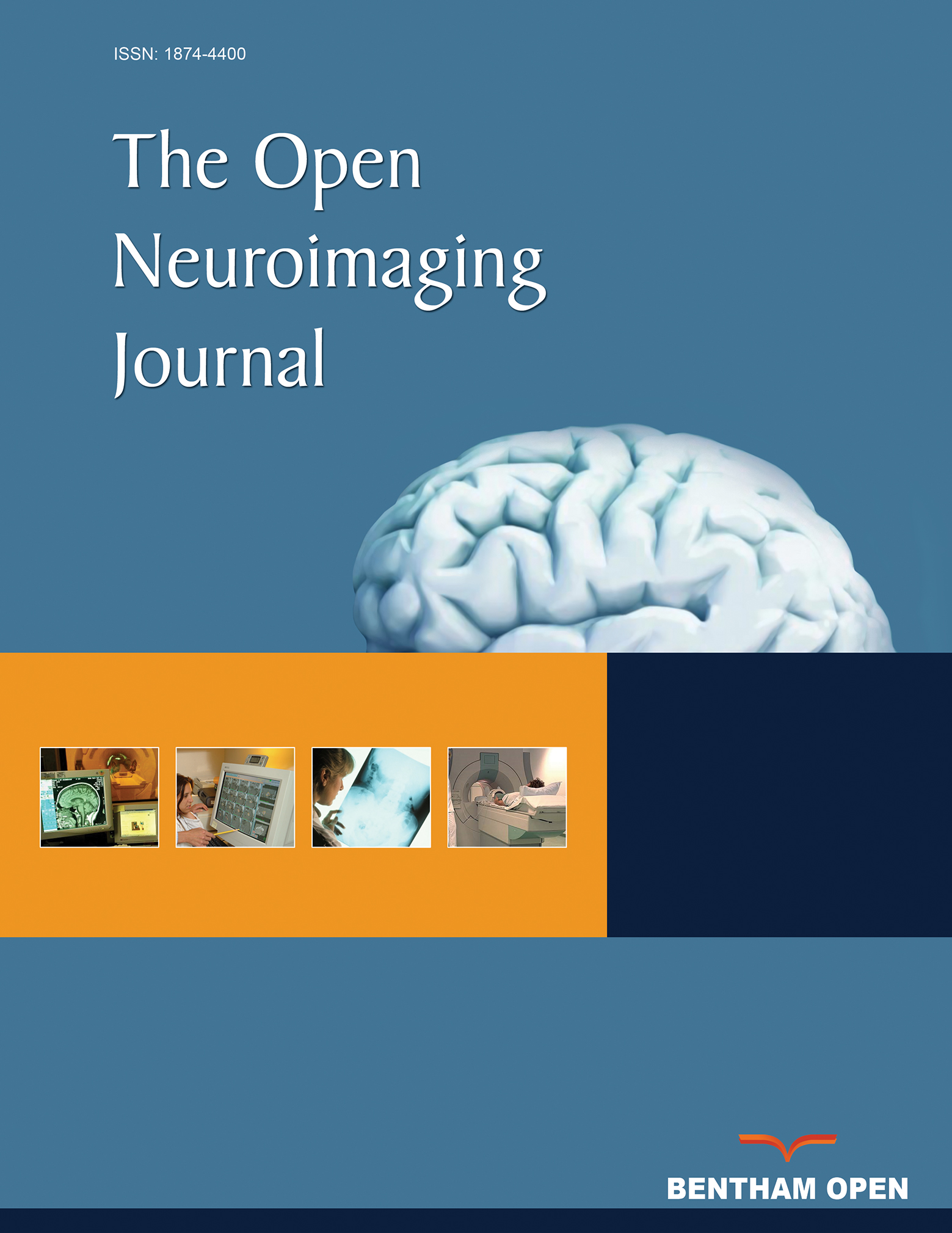All published articles of this journal are available on ScienceDirect.
Posterior Reversible Encephalopathy Syndrome Mimicking a Left Middle Cerebral Artery Stroke
Abstract
Certain Acute Clinical presentations are highly suggestive of stroke caused by specific mechanisms. One example of this would be the sudden onset of aphasia without hemiparesis often reflecting cerebral embolism, frequently from a cardiac source. Posterior reversible encephalopathy syndrome (PRES) describes a usually reversible neurologic syndrome with a variety of presenting symptoms from headache, altered mental status, seizures, vomiting, diminished spontaneity and speech, abnormalities of visual perception and visual loss. We report a patient presenting with elevated blood pressure, CT characteristics of PRES but a highly circumscribed neurologic syndrome (Wernicke's Aphasia without hemiparesis) suggestive of a cardioembolic stroke affecting the left MCA territory. That is, PRES mimicked a focal stroke syndrome. The importance of recognizing this possibility is that his deficits resolved with blood pressure control, while other treatments, such as intensifying his anticoagulation would have been inappropriate. In addition, allowing his blood pressure to remain elevated as is often done in the setting of an acute stroke might have perpetuated the underlying pathophysiology of PRES leading to a worse clinical outcome. For this reason PRES needs to be recognized quickly and treated appropriately.


